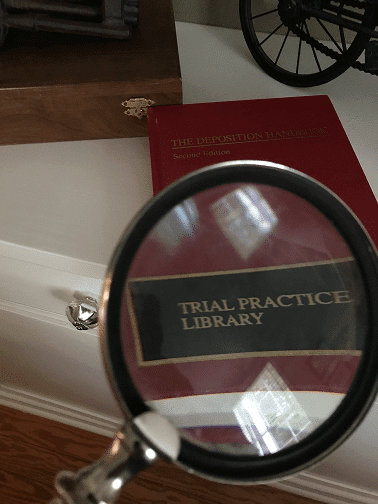
If there are medical bills in your personal injury settlement, they will need to be addressed as part of the settlement. Your personal injury lawyer will assist with this. Generally, there are two types of medical bills in personal injury settlements. First, there are those bills that are liens. Second, there are those bills that are not liens. The two are treated differently for purposes of whether they must be paid out of your personal injury settlement.
Liens In Personal Injury Settlements
Certain medical providers will claim a lien against your personal injury settlement. The claimant does so by citing the language in NCGS 44-49 and NCGS 44-50. This statute allows the medical provider to claim a lien against your settlement or jury verdict. However, there are limits—the statute limits all lien holders to one-half of the settlement after attorney fees and expenses have been deducted.
Your personal injury lawyer should discover the liens against your personal injury settlement when requesting medical records and medical bills related to your claim. Keep in mind, if you were treated at a facility and did not tell your personal injury lawyer about it, it would be difficult for them to discover the lien.
The personal injury attorney will keep track of all liens claimed against the settlement. Upon disbursing the settlement proceeds, the liens will be paid. Remember, the lien holders are limited to roughly one-third of your settlement. The amount they receive will differ depending upon how much your personal injury settlement is worth. Your attorney will calculate the appropriate payments for each lien holder. While the lien holders may still pursue you for the balance of the lien, our firm typically requests the lien holder accept the pro-rata share as full and final payment of the lien.
Bills Which Are Not Liens
There will be other medical providers who will have an outstanding bill related to the injury. However, they may choose not to claim a lien. Or, they may simply fail to claim a lien against your settlement. This gives you the option of having your attorney pay them from the settlement, or paying them yourself, outside of the settlement.
Medicare, Medicaid, ERISA Liens
Healthcare providers like Medicare, Medicaid, and ERISA health plans, are entitled to be reimbursed if they pay for treatment related to your personal injury claim. Medicare applies what they call a “Procurement Formula” to the settlement amount. Your attorney can estimate what this amount will be prior to reaching a settlement. Medicaid is generally limited to roughly one-third of the settlement. ERISA health plans, unfortunately, are entitled to be reimbursed for their entire lien out of your settlement proceeds. Your personal injury lawyer can usually successfully negotiate the lien prior to reaching a settlement.
Personal Injury Lawyers And Medical Liens
Your personal injury lawyer will make a dramatic difference for you as it relates to any liens against your settlement proceeds. The law firm will negotiate the liens, and present your case to the medical providers in such a way that entices them to take a reduced rate. Most of this negotiating is done before you reach an actual settlement. That is when your leverage is highest against medical providers and lien holders.
Speak With A Charlotte Personal Injury Attorney Today
If you have a personal injury claim and you would like to speak with a lawyer, call us. You can reach us at 704.749.7747 or request a FREE CASE EVALUATION and we will call you today to discuss your case.

